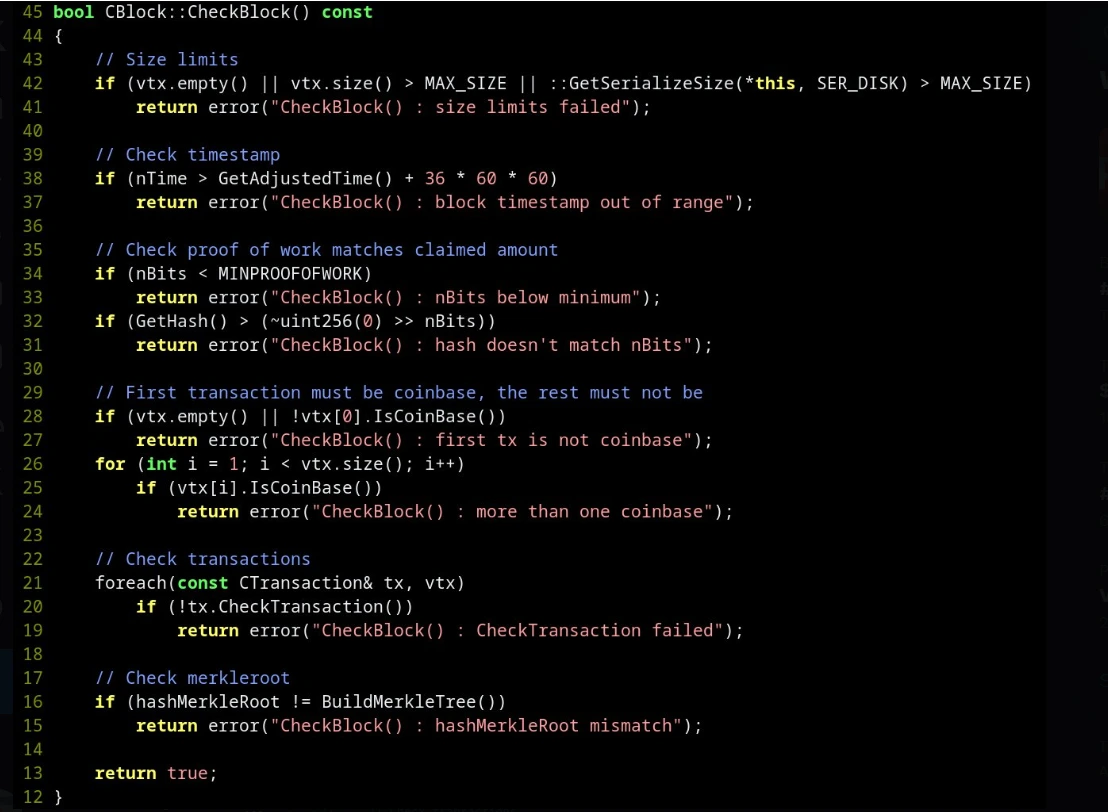A fresh analysis of Bitcoin’s original code reveals key insights about its elusive creator, Satoshi Nakamoto. Amir Taaki, a prominent figure in the cryptocurrency space, recently sparked an intriguing discussion, suggesting that Satoshi’s coding style could offer valuable clues to uncover his true identity. The quirks and idiosyncrasies in Nakamoto’s code are unlike anything seen from modern programmers, leading to speculation about his background and expertise.
Satoshi Nakamoto wrote code that was not usual. He had many quirks. We can find him by comparing his code with others, but no one did that yet.
When I first saw their code, I thought “Satoshi is not a programmer” because of how weird it was. He didn’t follow normal code… pic.twitter.com/cEO8H7mznD
— Amir Taaki (@Narodism) October 9, 2024
The Unusual Style of Satoshi Nakamoto’s Code
Amir Taaki claims that Nakamoto’s code defied contemporary coding practices. In his X post, Taaki stated that upon initial review, he felt “Satoshi is not a programmer”, due to the unconventional style. For example, Nakamoto made extensive use of “locks”, which was out of fashion at the time. He also employed Hungarian notation, a naming convention that had largely fallen out of favor. Perhaps most notably, Nakamoto avoided using objects to encapsulate processes, favoring complex recursive functions, commonly known as the “spaghetti code.”
Furthermore, Nakamoto targeted Windows as the primary operating system for his software, which was uncommon among open-source developers who typically preferred Unix-based systems. These elements have led Taaki to believe that Nakamoto may not have been a traditional software developer but instead came from a closely related field such as engineering or physics.
Advertisement
Taaki’s observations suggest that Nakamoto’s background may lie in a field with a practical focus, rather than pure mathematics or computer science. His unconventional coding methods, combined with his technical expertise, imply that Satoshi might have been an older individual with experience in domains that overlap with software development.

One of the key takeaways from Taaki’s analysis is the consistency in his codes. Taaki points out that a detailed analysis of this code could potentially reveal Nakamoto’s identity, yet no one in the community has taken up this task. “Whenever anyone says X is Satoshi, my first response is always, ‘show me the code,'” Taaki remarked.
Why the Mystery Remains Unsolved?
While Taaki believes that analyzing Nakamoto’s coding style could definitively identify him, he also acknowledges that many Bitcoin developer including himself, have not pursued this line of inquiry. The reason range from his respect for Nakamoto’s anonymity to the overwhelming demands of their current projects. Taaki admits that even writing about the possibility of finding Nakamoto through his code feels “almost like a betrayal.”
Taaki also highlights the case of Pete Todd, despite the speculations, Todd has never claimed to be Satoshi, even when presented with opportunities to do so. This Taaki suggests, reflects a certain integrity, though he hints at the possibility of more subtle manipulations behind the scenes.
Advertisement
Also Read: HBO Documentary Sparks Online Mockery Over Satoshi Identity








